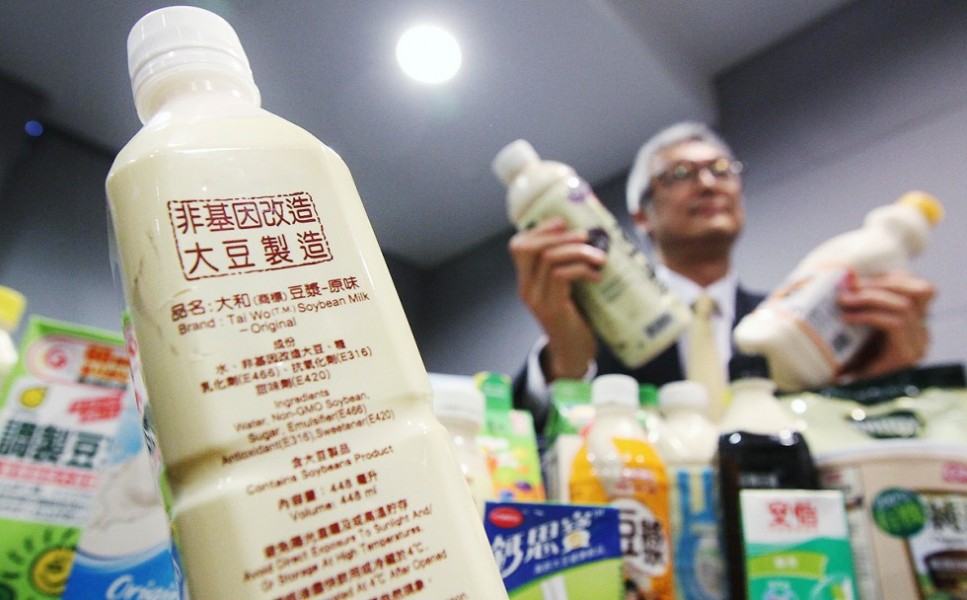Taiwan amended its School Health Act on Monday, banning the use of genetically modified food ingredients.
In passing the amendments, lawmakers said all schools in the country must get rid of GM foods in order to ensure food safety and protect students’ health.
Democratic Progressive Party Legislator, Lin Shu-fen, argued that genetically modified foods have a “huge impact” on the physical and psychological health of Taiwan’s students, while Kuomintang Legislator Lu Shiow-yen said that consumption of genetically modified foods is “a hidden food safety crisis” exposing students to “unnecessary risks.”
Last month, Taiwan banned the import of genetically modified salmon from the US.
There is of course a financial cost to Taiwan’s new policy. When the new requirements take effect next semester, the cost of school meals could increase by as much as NT$5 each. As a result, the Ministry of Education’s budget for subsidizing school meals for 262,000 disadvantaged elementary and junior school students would increase by NT$235.8 million ($7.17 million).
Meanwhile, public fears over genetically modified foods have been raised throughout mainland China and surrounding territories.
This past August, China’s Ministry of Agriculture released a statement saying all genetically-modified foods are safe. While no official measures have been taken yet in Hong Kong, a voluntary labeling system has been adopted by food retailers in the special administrative region.


